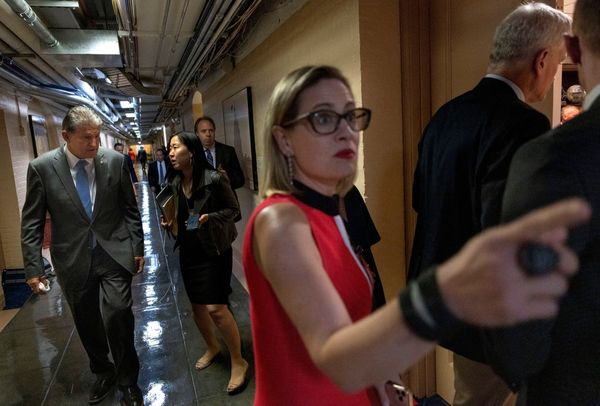Pity the poor fraudsters, money launderers and terrorists who might have their privacy invaded when they set up a limited company.
That seems to be the attitude of the European Court of Justice, which has ruled that their right to privacy overrides other concerns, like public safety.
The case hinged on whether the public has a right to know who has ultimate control of limited companies – so-called beneficial ownership.
The European Court, presided over by Belgian judge and president of the Grand Chamber, Koen Lenaerts, declared that “the general public’s access to information on beneficial ownership constitutes a serious interference with the fundamental rights to respect for private life and to the protection of personal data”.
So if you’re thinking of putting your savings into an EU bank or investment company, say, you won’t have any right to find out who owns it, making due diligence impossible.
Dame Margaret Hodge, who chairs the cross-party Anti-corruption Committee, called the ruling “a terrible blow”.
Maira Martini of Transparency International said: “Access to beneficial ownership data is vital to identifying and stopping corruption and dirty money.”
Graham Barrow, an expert on incorporated companies and dirty money, was appalled.
“According to today’s European Court of Justice ruling you can voluntarily choose to register a company, get the benefit of limited liability, gain advantageous tax treatment and still retain the right to anonymity,” he tweeted.
“Here’s my suggestion. If you want the right to privacy, incorporate an unlimited liability company, don’t expose others to your debts if it fails, don’t get favourable tax treatment, and keep your details entirely confidential. Otherwise, society should rightly expect a quid pro quo.
"Of course, we are now (and for the first time I've ever said this, thankfully) outside the EU, so it won't (hopefully) be applied here.”
He made another important point. UK Companies House is flooded with companies that have been set up by crooks using other people's names and addresses without their permission, see for example my story here. There's not much to be said in defence of Companies House in allowing this to happen apart from this: at least victims can discover if their details have been wrongly used, and then set about the tortuous process of getting them removed from the register.
Innocent victims whose details are used by crooked companies incorporated in an EU country will not be so lucky. They may never discover that their name has been used without their knowledge until too late, and they're left being blamed for some criminal enterprise.
As Mr Barrow asked, surely these innocent victims of company fraud have rights too?
investigate@mirror.co.uk







